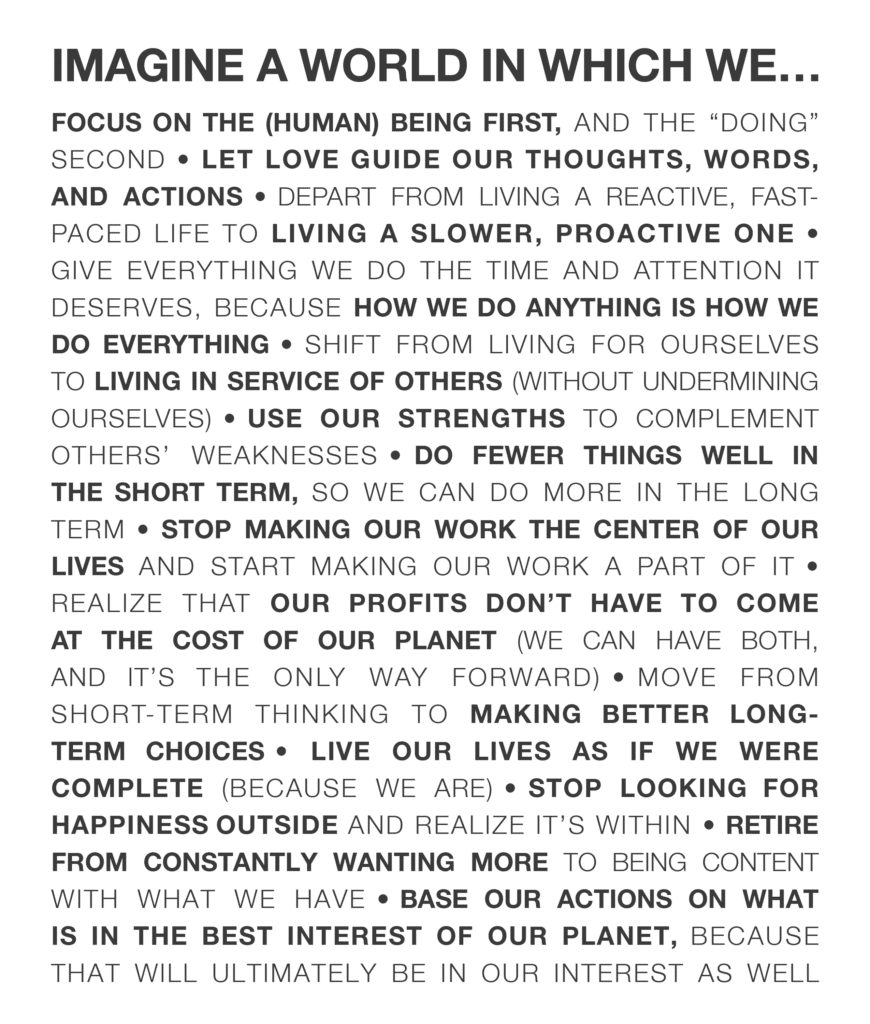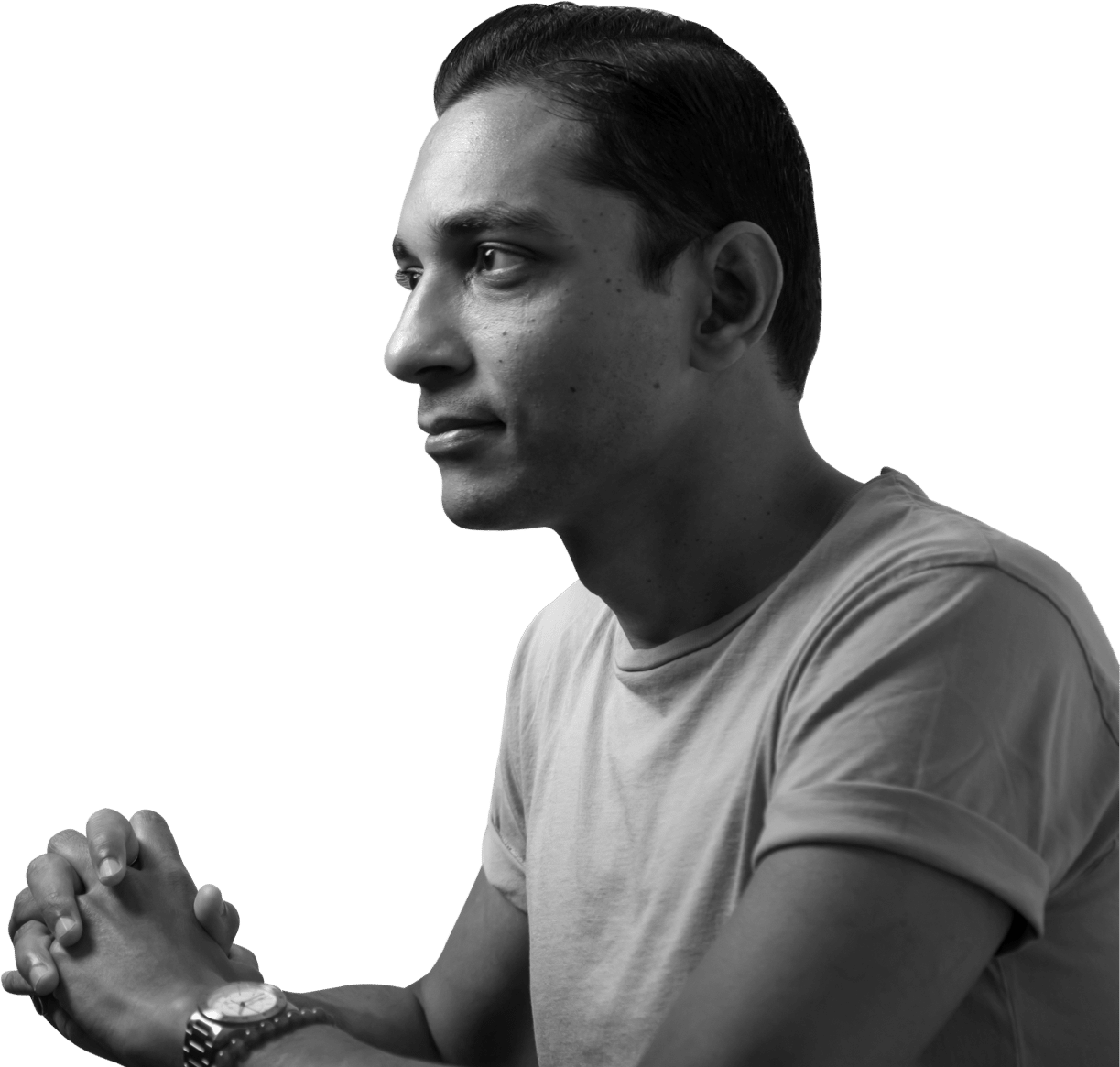APRIL 2023
My fellow humans,
It was the onset of the pandemic. Like many of us, I was by myself at home. My housekeeper called to say she would be absent for the forseeable future, because of an indefinite lockdown; I was left to shift for myself. My parents were in their home in another town, also by themselves. It would be a few months before I would see them again (or anyone for that matter).
During this time, I happened to watch a few documentaries on human-induced climate change. Despite being aware of the issues surrounding climate change beforehand, the films I saw were eye-opening for me — I learned what truly is at stake for us. Truth be told, I was horrified and disgusted at the ways we are destroying our planet; it brought me to tears.
In that moment, I felt deep love for this planet. I felt we only have ONE Home (because we do) and we must do everything in our power to protect it. At the same time, I knew our planet is going to keep on spinning with or without us, and we need to think about our survival.
Watching the documentaries, I learned about the different ways our actions are collectively impacting our planet (and, by extension, our future), thereby, notably causing the twin crises (climate change and nature loss).
It was apparent to me that the true (hidden) cause was our overconsumption — we use way more resources than we need. 1
I found that the twin crises (output) is simply a result of overconsumption (inputs), of which the other issues (deforestation, plastic pollution, fossil fuels, etc.) happen to be its symptoms. It’s only when we look at these issues through the lens of overconsumption, does it all make sense. But, we need to treat the root cause.
It turns out the real underlying problem we’ve been overlooking all along is our collective greed. Not only is our greed via our overconsumption (manifested through different symptoms) causing our planet’s temperature and sea levels to rise (among other challenges), but it’s also the leading cause of our unhappiness.
Gandhi said, “Earth provides enough to satisfy every man’s need, but not every man’s greed.”
We are inadvertently using our greed, indifference, and short-sightedness to destroy our own future. Our greed stems from looking for solutions to our inner issues outside of us (mainly through people, places, things, events), but we cannot solve our inner challenges with outer experiences.
The tragic irony is the more we want (outside), the more we’ll be left insatiated (inside). More is not the answer. It will never be the answer, because there is no end to it (and because we don’t need it). The sooner we learn, the better. It’s one of the things I’ve learned in my own life.
If something isn’t in the interest of our planet, it can’t be in our interest either; the two are inextricably connected, but we need our planet more than our planet needs us. That’s the basic truth.
Unfortunately, time is running out for us. The truth is no one is going to come and save us from ourselves. The way we are living isn’t working for our planet or for us, and we need to take action.
While we continue to inspire others (organizations and governments) to do the right thing, how we live our daily lives will make a far bigger difference to our survival as a species in the long run.
Tired of ignoring my inner voice for far too long, I too, feel called to step up and make things better (like many of us).I am here to inspire others to live a less, but better life, so that together, we may all live a life that matters, and create a better future along the way (for our children and grandchildren to thrive), because more is not the answer.
This requires a collective shift in our philosophical outlook (in our thinking, language, and actions) in how we live. I call this philosophy, “living a less, but better life.”
The term “less, but better” comes from a design approach and belief coined by German industrial designer Dieter Rams in the 20th century. He said, “Good design is as little design as possible – less, but better.”
Here’s what a less, but better life looks like (to me).
Join the movement
Rishi Dass

This is the less, but better philosophy. Living this way has transformed my life in more ways than I can count. And, it has the power to transform yours as well. This also happens to be the vision of the world I want to live in.
I believe if the vast majority of us live our lives the less, but better way, we can create a happier and sustainable planet, not only for our generation to survive but, more importantly, for future generations to thrive. And isn’t that worth living for?
The best way to build this world is to commit to building it together. I’m looking for as many people as possible to help me advance this cause.
As a first step towards building this community, I’ve set up an email list, so we can stay connected. It’s where I share with you one idea every week to inspire you to live a less, but better life, because more is not the answer. Sign up below. If you’d like to take on a more active role, get in touch.
I hope you’ll join me on this journey of a lifetime, so that together, we can start a movement, and inspire others along the way.
As it turns out, I’m not the only one to have drawn this conclusion. ↩



